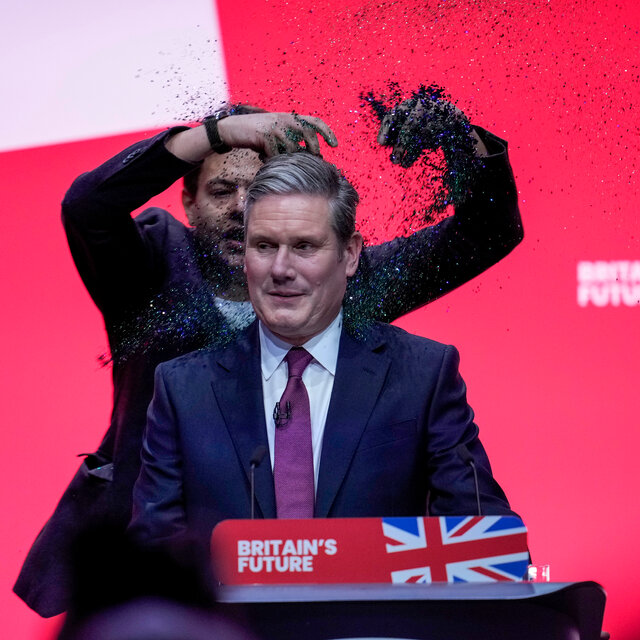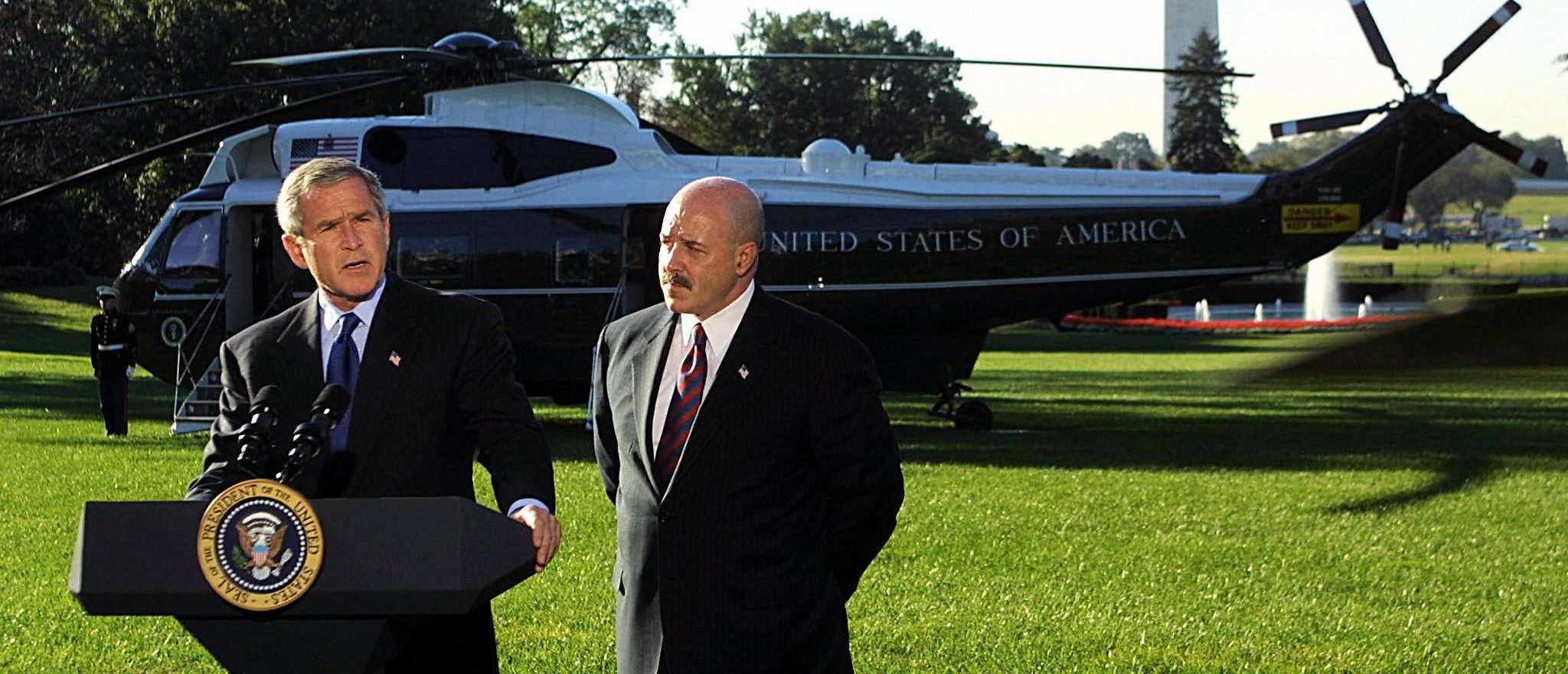BOE's Bailey Calls For Closer EU Trade Ties To Mitigate Brexit's Impact

Table of Contents
The Economic Impact of Brexit on the UK
Brexit's economic fallout has been significant. The UK has experienced a range of negative consequences, impacting businesses and consumers alike. The Office for Budget Responsibility (OBR) and the BOE's own reports highlight the severity of the situation. Key challenges include:
- Increased trade barriers and tariffs: New customs checks and tariffs have increased the cost of goods traded between the UK and the EU, impacting both importers and exporters. This has led to increased prices for consumers and reduced competitiveness for UK businesses.
- Supply chain disruptions: The added complexities of cross-border trade have caused significant supply chain disruptions, leading to shortages of goods and delays in production.
- Reduced investment: Uncertainty surrounding the UK's future trading relationship with the EU has dampened investment, both foreign and domestic.
- Labor shortages: Restrictions on the free movement of labor have contributed to labor shortages in several sectors, hindering economic growth.
- Weakened economic growth: The cumulative effect of these factors has resulted in weaker-than-expected UK GDP growth post-Brexit, compared to pre-Brexit projections. The OBR's forecasts provide detailed analysis of this post-Brexit economic slowdown.
Bailey's Proposal for Closer EU Trade Ties
In response to these challenges, Bailey has advocated for strengthening trade links with the EU. His proposal centers on reducing trade friction and improving access to the EU single market. The rationale is clear: closer integration would yield considerable benefits:
- Reduced trade friction: Streamlining customs procedures and reducing bureaucratic hurdles would significantly lower transaction costs for businesses.
- Improved access to the EU single market: Greater access to the EU single market would unlock new opportunities for UK exporters and boost the UK's overall trade performance.
- Boost to UK exports: Easier trade with the EU would stimulate UK exports, creating jobs and contributing to economic growth.
- Strengthened economic ties: Closer economic integration with the EU would lead to stronger economic ties, fostering stability and prosperity.
However, Bailey's Brexit solution faces obstacles. Some argue that closer ties with the EU would compromise the UK's sovereignty, while others question the feasibility of achieving significant improvements without compromising on Brexit's core principles.
Political Implications and Reactions to Bailey's Statement
Bailey's statement has sparked considerable debate. While acknowledging the economic benefits, some within the Conservative Party might see his proposal as contradicting the government's stated commitment to a post-Brexit independent trade policy. Opposition parties, meanwhile, have offered mixed reactions, with some embracing the call for closer trade ties while others criticize it for failing to address broader structural issues within the UK economy. The political response to Bailey's statement underscores the complex interplay between economic needs and political ideologies in the post-Brexit era. The long-term impact on UK-EU political relations post-Brexit remains to be seen.
Alternative Strategies for Mitigating Brexit's Economic Impact
While closer EU trade ties offer significant potential, alternative strategies are also crucial for mitigating Brexit's economic consequences. These include:
- Diversification of trade partners: Actively seeking new trade agreements with countries outside the EU to reduce reliance on a single market.
- Investment in domestic industries: Investing in research and development, infrastructure, and skills development to boost domestic productivity and competitiveness.
- Regulatory reforms: Simplifying regulations and reducing bureaucratic burdens to make the UK a more attractive location for investment.
- Skills development programs: Addressing skills gaps and ensuring the workforce possesses the necessary skills for a changing economy.
These strategies, implemented alongside efforts to improve UK-EU relations, can offer a more comprehensive approach to post-Brexit economic recovery.
Conclusion: The Urgency of Addressing Brexit's Impact Through Closer EU Trade Ties
Andrew Bailey's call for closer EU trade ties is a timely and significant intervention in the ongoing debate surrounding Brexit's economic impact. The evidence clearly demonstrates the negative consequences of increased trade barriers and reduced access to the EU single market. While alternative strategies are necessary, strengthening UK-EU trade relations offers a potent means of mitigating these challenges and boosting the UK economy. Learn more about how closer EU trade ties can mitigate Brexit’s impact and explore the arguments for strengthening UK-EU trade relations to understand the potential of improved trade links to boost the UK economy.

Featured Posts
-
 Solve The Nyt Mini Crossword Clues And Answers For April 8 2025
May 31, 2025
Solve The Nyt Mini Crossword Clues And Answers For April 8 2025
May 31, 2025 -
 Former Nypd Commissioner Bernard Kerik Hospitalized Full Recovery Expected
May 31, 2025
Former Nypd Commissioner Bernard Kerik Hospitalized Full Recovery Expected
May 31, 2025 -
 Ftc To Appeal Microsoft Activision Merger Faces New Hurdle
May 31, 2025
Ftc To Appeal Microsoft Activision Merger Faces New Hurdle
May 31, 2025 -
 Munguia Vs Surace Ii Munguia Secures Points Decision In Riyadh
May 31, 2025
Munguia Vs Surace Ii Munguia Secures Points Decision In Riyadh
May 31, 2025 -
 Analyzing The Nintendo Switchs Impact On The Indie Game Landscape
May 31, 2025
Analyzing The Nintendo Switchs Impact On The Indie Game Landscape
May 31, 2025
